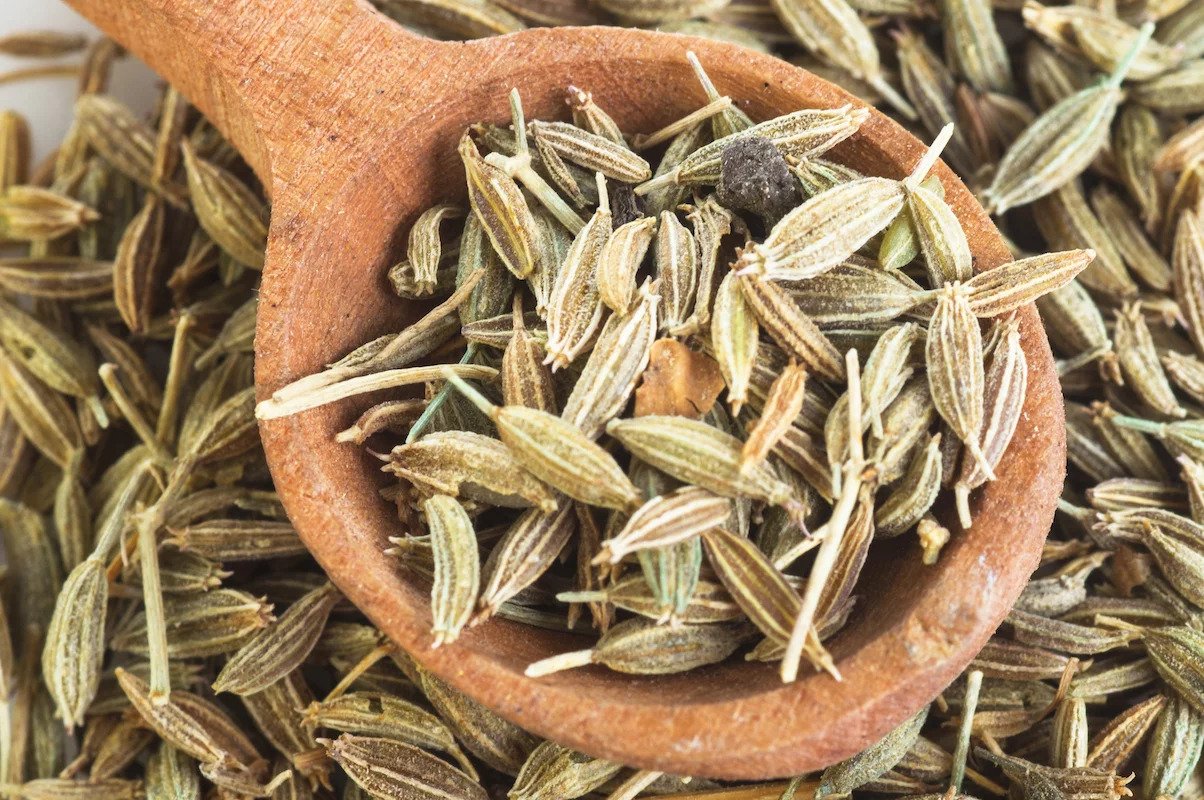Anise seeds for planting offer a wealth of culinary and medicinal benefits, making them a valuable addition to any garden. These aromatic seeds boast a distinctive licorice-like flavor and a host of health-promoting properties.
In this comprehensive guide, we will delve into the characteristics, cultivation, harvesting, and uses of anise seeds. Whether you’re an experienced gardener or a novice, this guide will provide you with all the information you need to successfully grow and utilize anise seeds.
Characteristics of Anise Seeds for Planting
Anise seeds, renowned for their distinctive flavor and medicinal properties, are the seeds of the anise plant (Pimpinella anisum). These small, oval-shaped seeds are approximately 3-5 millimeters in length and exhibit a characteristic grayish-brown color. The seeds possess a prominent ridge running along their surface, further distinguishing them from other similar-looking seeds.
Regarding soil conditions, anise seeds thrive in well-drained, fertile soil with a pH range between 6.0 and 7.0. The ideal climate for anise cultivation involves warm, sunny days and cool nights. Anise plants require ample sunlight to produce abundant seeds, and temperatures between 15-25 degrees Celsius are considered optimal for their growth and development.
Seed preparation plays a crucial role in enhancing the germination rates of anise seeds. Soaking the seeds in lukewarm water for several hours before planting can help soften the seed coat and promote faster germination. Additionally, scarification, a technique involving lightly scratching the seed coat with sandpaper or a sharp knife, can also improve germination success.
Cultivation and Harvesting of Anise Seeds

Anise seeds, a prized ingredient in various culinary and medicinal preparations, require meticulous cultivation and harvesting techniques to yield optimal results. Understanding the specific requirements of anise plants, including planting techniques, growth stages, and ideal harvesting time, is crucial for successful seed production.
Planting Techniques
Anise seeds should be sown directly into well-drained soil in the spring, after the last frost. The seeds should be spaced approximately 12-18 inches apart, with a planting depth of about 1/4 inch. Water the seeds thoroughly after planting and keep the soil moist until germination occurs.
Growth Stages
Anise plants typically grow to a height of 2-3 feet and have a lifespan of one year. They produce feathery, fern-like leaves and small, white flowers that bloom in the summer. The seeds develop within the flower heads and mature in late summer to early fall.
Harvesting, Anise seeds for planting
To harvest anise seeds for planting or culinary use, the flower heads should be cut when they are fully mature and have turned brown. The seeds can be separated from the flower heads by rubbing them between your hands or using a sieve. Once the seeds are separated, they should be dried in a cool, dry place until they are completely dry.
Uses and Benefits of Anise Seeds: Anise Seeds For Planting

Anise seeds have been prized for centuries for their distinct flavor and potential health benefits. Their culinary and medicinal uses span various cultures and traditions, making them a versatile ingredient.
Culinary Uses
Anise seeds possess a sweet, licorice-like flavor that complements both sweet and savory dishes. In baking, they are often used to enhance the taste of cookies, cakes, and pastries. Anise seeds also add a unique flavor to breads, crackers, and spice blends. In savory dishes, they are commonly used to season soups, stews, and meat preparations.
Medicinal Properties
Anise seeds have been traditionally used in herbal medicine for their digestive and respiratory benefits. They contain anethole, a compound with antispasmodic and carminative properties, which can help relieve gas, bloating, and indigestion. Anise seeds also have expectorant qualities, aiding in the removal of mucus from the respiratory tract.
In addition to their digestive and respiratory benefits, anise seeds have been studied for their potential antibacterial, antifungal, and anti-inflammatory properties. Some research suggests that anise seeds may have antioxidant effects and may help protect against oxidative stress.
Applications in Herbal Remedies and Essential Oils
Anise seeds are commonly used in herbal teas, tinctures, and supplements to support digestion, reduce inflammation, and improve respiratory health. Anise essential oil, extracted from the seeds, is often used in aromatherapy and massage therapy for its calming and soothing effects. The oil is also used in skincare products for its potential antibacterial and antioxidant properties.

Anise seeds, often used for planting, require proper care to thrive. The ideal conditions for anise seeds include well-drained soil and adequate sunlight. While various containers can be used for planting, vintage brass plant pots offer an elegant and durable option.
These pots provide excellent drainage and aeration, ensuring optimal root development. Returning to anise seeds, regular watering and fertilization are crucial for their growth and yield. By providing suitable conditions and care, anise seeds can flourish, adding a flavorful herb to your garden.
Anise seeds, often used for planting, contain a compound called anethole, which gives them their distinctive licorice flavor. Interestingly, the la cygne ks power plant utilizes a cooling system that relies on the evaporation of water, similar to the way anise seeds release their aroma.
This process involves the conversion of liquid water into water vapor, effectively dissipating heat from the power plant. Returning to anise seeds for planting, their cultivation requires well-drained soil and adequate sunlight, ensuring optimal growth and a bountiful harvest of these aromatic seeds.
Anise seeds, renowned for their distinct flavor and medicinal properties, require specific growing conditions to thrive. For those seeking a venue to host an event surrounded by the beauty of nature, Plant City, Florida, offers a plethora of options. Explore venues in plant city fl to find the perfect setting for your gathering.
Returning to the topic of anise seeds for planting, it’s essential to note that proper soil preparation and adequate sunlight are crucial for successful cultivation.
